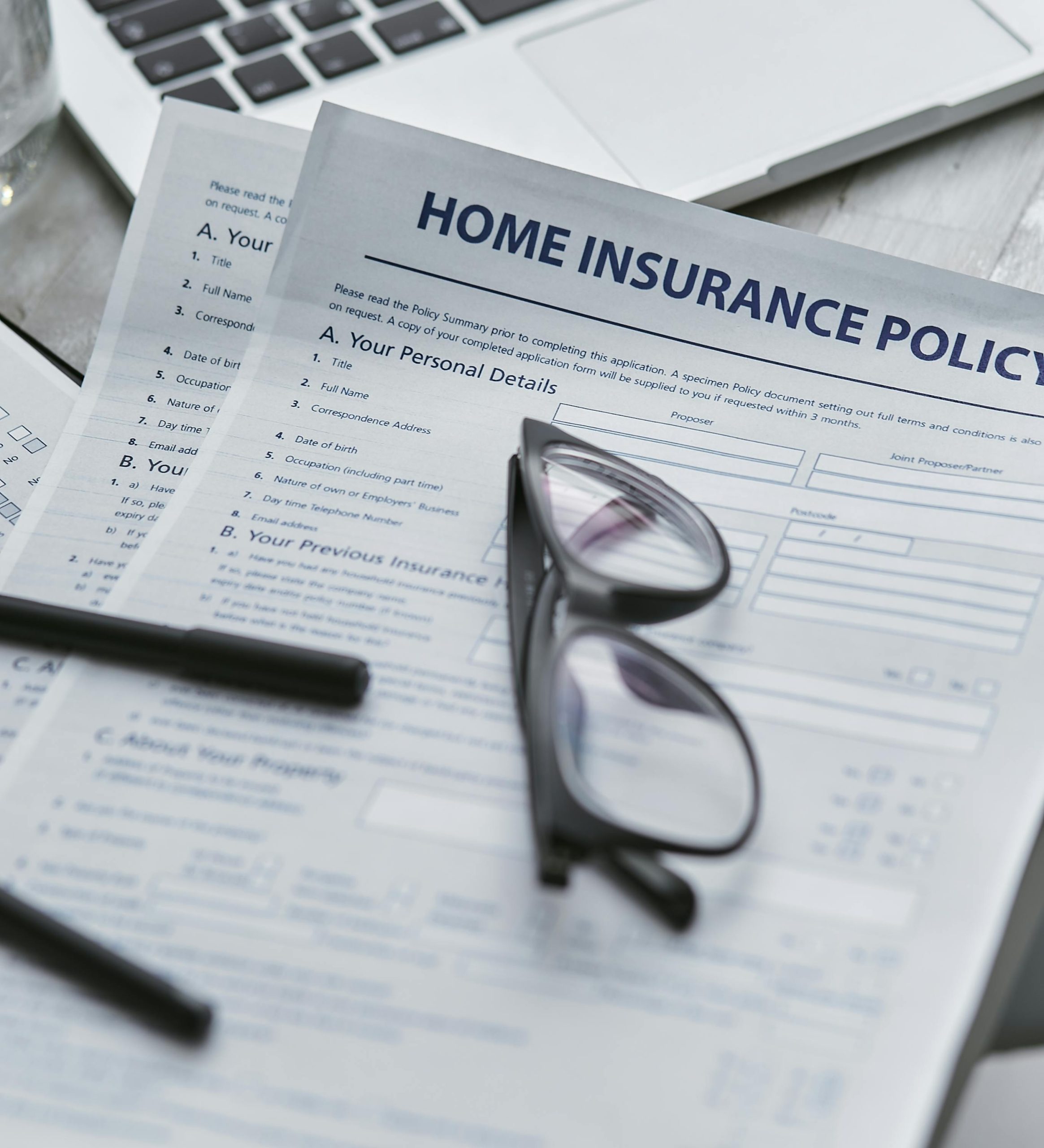Seeking Guidance on Navigating Insurance After a Car Accident
My wife was recently involved in a car accident where the other driver was at fault. We exchanged insurance information at the scene, but since then, we’ve been trying to navigate the aftermath of the incident.
She’s incurred medical bills from an urgent care visit and follow-up appointments, missed work, and, unfortunately, it looks like her car will be a total loss.
This is our first time dealing with insurance matters on this scale, and I want to make sure we understand the process as thoroughly as possible.
Here’s what we’ve done so far: We initiated a claim with our own auto insurance since we have comprehensive coverage that includes a rental car allowance. This was a priority for us since we currently have no vehicle. We’ve also shared the other driver’s information and the police report number with our insurance representative.
However, we still have several questions:
-
What is the best way to handle the medical bills we’re facing? Should we file a claim with the other party’s insurance, go through our auto insurance claim, or use our health insurance?
-
How can we get reimbursed for the deductibles associated with the claims we’ve filed on our end?
-
When we receive a settlement from our auto insurance, how can we be sure that the adjuster’s valuation of the car is accurate? Is it common for there to be a misjudgment in this process, or is it usually quite reliable?
Any guidance or insights you can provide would be greatly appreciated. Thank you!




I’m sorry to hear about your wife’s accident. Navigating insurance processes can definitely be confusing, especially after a significant incident like this. Here are some insights that might help you:
You should inform the other driver’s insurance about the medical bills when you file the claim, but be aware that they might take time to process these claims.
Reimbursement for Deductibles:
Generally, you will need to request reimbursement for any deductibles paid from the other driver’s insurance once your claim is settled. If you have already filed through your own insurance, they may be able to help you with this process. Check to see if you can also seek reimbursement through any coverage (like diminished value or med pay) that you or your wife may have.
Confidence in Settlement Evaluation:
If you feel the adjuster’s offer is too low, you can negotiate with them or provide evidence of your car’s value.
Next Steps:
Overall, communication is key. Stay in touch with both your insurance and the other party’s insurer to keep things moving along. Good luck!